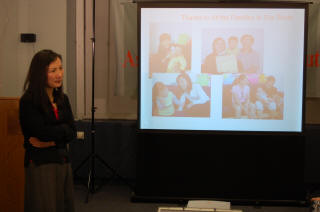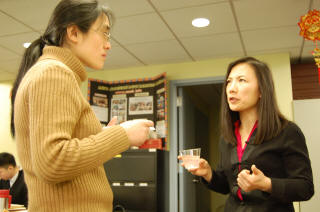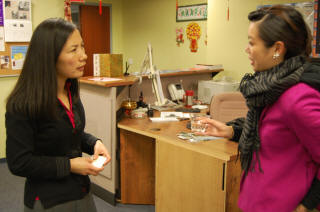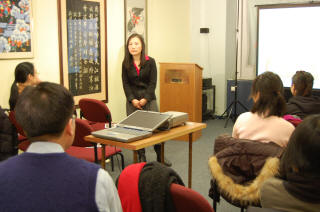
In New York City, as well as nationwide, an increasingly significant number of children speak a language other than English at home. Sound educational policies, speech/language interventions and parenting practices largely rely on our understanding of the processes through which Asian American children develop proficiency in both their home language and English. In this presentation, I will summarize research findings that 1) describe and explain these processes among Asian home language children, and 2) illuminate commonalities and differences between these children and those with Spanish or Russian as their home language. I will also discuss how research findings inform speech/language pathologists and educators working with this population, as well as parents in the Asian communities.

For children who were born in the United States, I will address the following questions. (1) If at home an infant or toddler hears Mandarin, Cantonese, or Korean, sometimes mixed in with some English, would we expect this child to reach the language development milestones at the same age as monolingual children do? (2) If a young child speaks predominantly an Asian home language, when and how does transition to English proficiency occur? (3) Why some of these children become proficient in both English and their home language whereas others develop little or zero proficiency in their home language?

For non-English speaking Asian children who just immigrated to the United States, I will address the following questions. (1) How long does it take for these children to acquire proficiency in English? (2) Which aspects of English language are particularly challenging for them? (3) What happens to their home language once English immersion begins? (4) How is the development of bilingual proficiency related to age of immigration and these children’s language environment?

Online Notes

